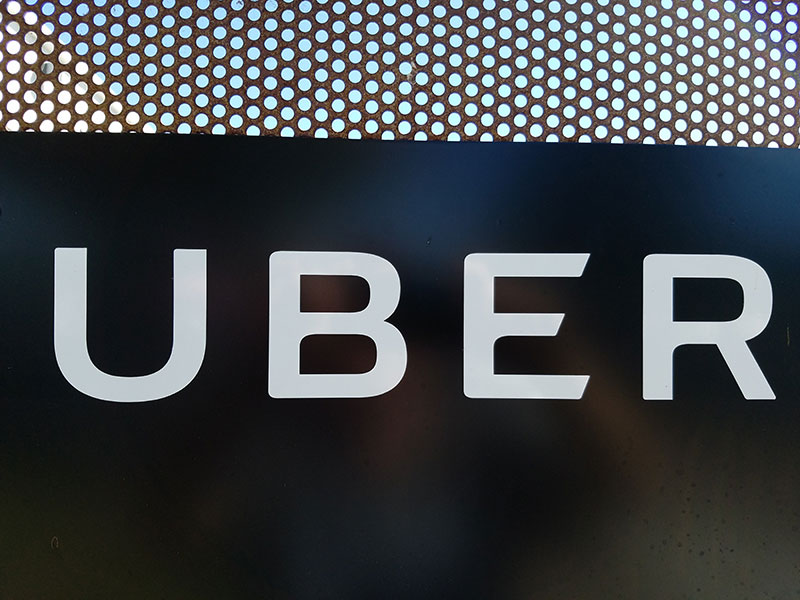Uber finally settles six-year lawsuit with $20m out-of-court payment
Ahead of plans to go public later this year, Uber has confirmed that it has settled a long-running class-action lawsuit with drivers in California and Massachusetts

In addition to the payout, Uber will make the process of removing drivers more transparent and add an appeals process. Drivers will also be offered classes to ensure ride quality can be improved where necessary
Uber finally brought a long-running legal dispute to a close on March 12, after it agreed to pay $20m to drivers in California and Massachusetts. The class-action lawsuit was originally brought against the ride-hailing firm in 2013, arguing that Uber treated its drivers as freelancers rather than employees in order to avoid paying the minimum wage and circumvent the need to provide other benefits. Those eligible for a payout include anyone who drove for Uber within the two states in question between August 16, 2009, and February 28, 2019.
The settlement, which is subject to approval from a judge, will allow Uber to continue classifying its drivers as ‘independent contractors’, but may not mean the end of the company’s legal troubles. In addition, Uber will make the process of removing drivers more transparent and add an appeals process. Drivers will also be offered classes to ensure ride quality can be improved where necessary.
The settlement allows Uber to continue classifying its drivers as ‘independent contractors’, but may not mean the end of the company’s legal troubles
“Uber has changed a lot since 2013,” a company spokesperson told TechCrunch. “We have made the driver experience even better through improvements like in-app tipping, a redesigned driver app and new rewards programmes like Uber Pro. We’re pleased to reach a settlement on this matter, and we’ll continue working hard to improve the quality, security and dignity of independent work.”
However, Shannon Liss-Riordan, the lawyer representing the drivers in the case, has stated that the payout does not mark the end of the dispute: “While we were able to pick up the pieces and achieve this substantial settlement for the drivers not covered by arbitration clauses, other drivers would need to pursue their claims in individual arbitration if they wanted to attempt to recover anything on their claims.”
Uber will be hopeful that any other legal disputes can be cleared up ahead of its planned initial public offering later this year. Reports indicate that Uber could be valued at around $120bn, a significant increase on its current estimated valuation of $70bn. And, in what is surely another tactic to appease its contractors, Uber is set to offer incentives to drivers who purchase company shares.
Uber’s decision to settle its 2013 lawsuit out of court signals that the gig economy is coming under increasing scrutiny. Once the ride-hailing firm makes its debut on the stock market, it is only likely to face more questions over its company practices and the rights of its workers.













